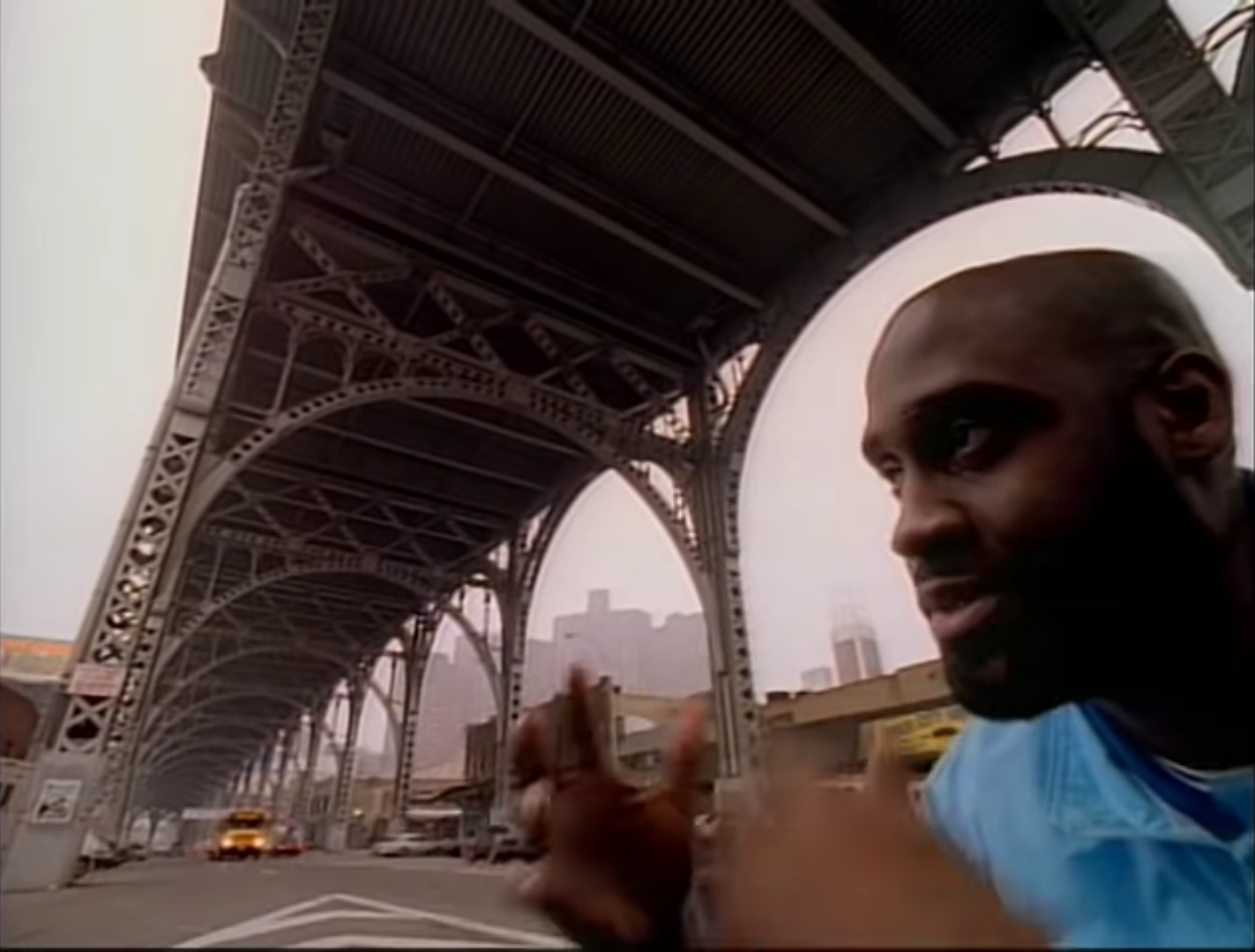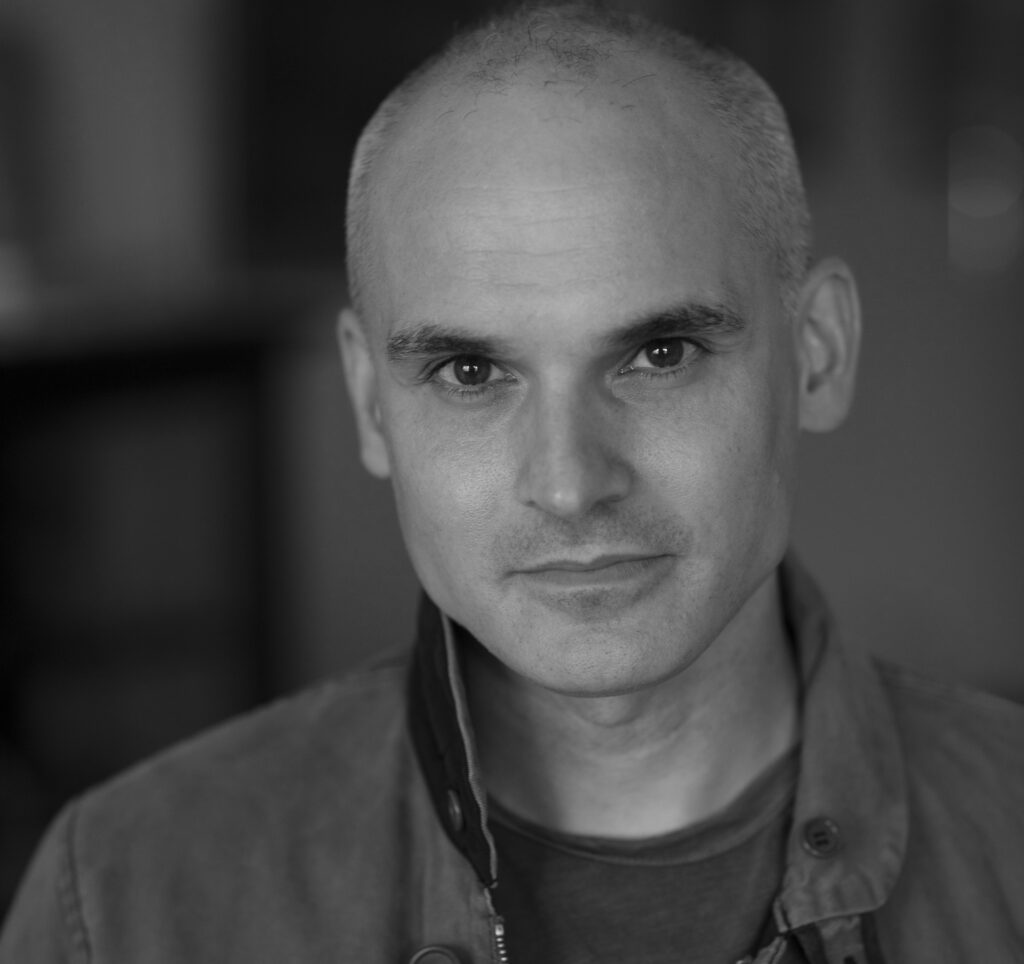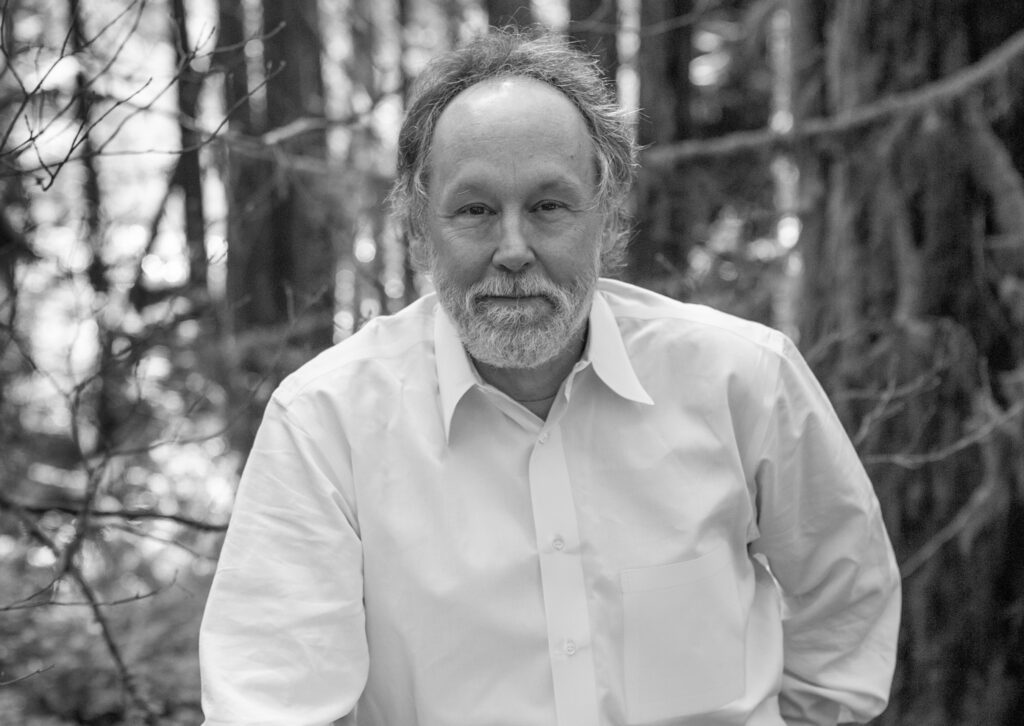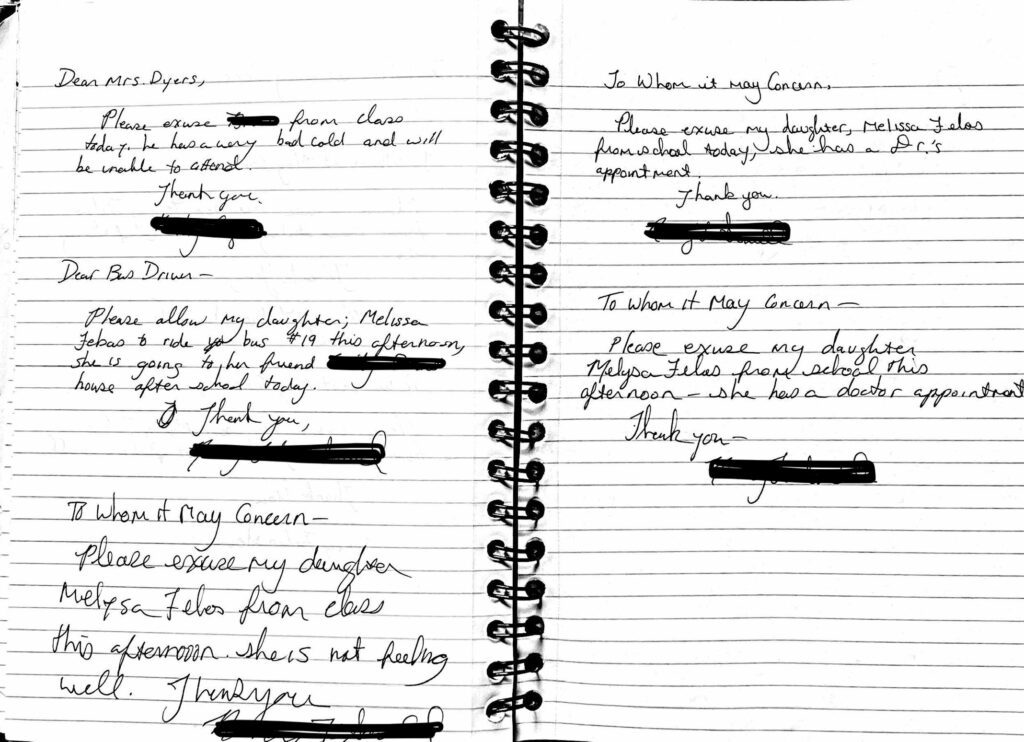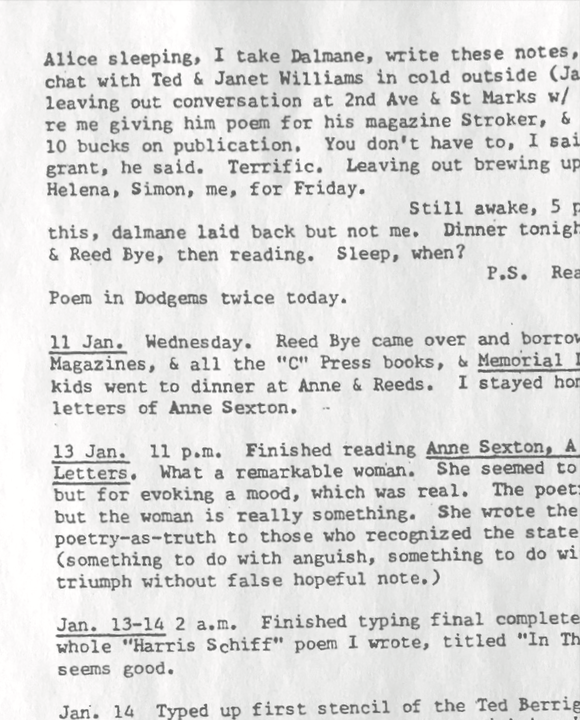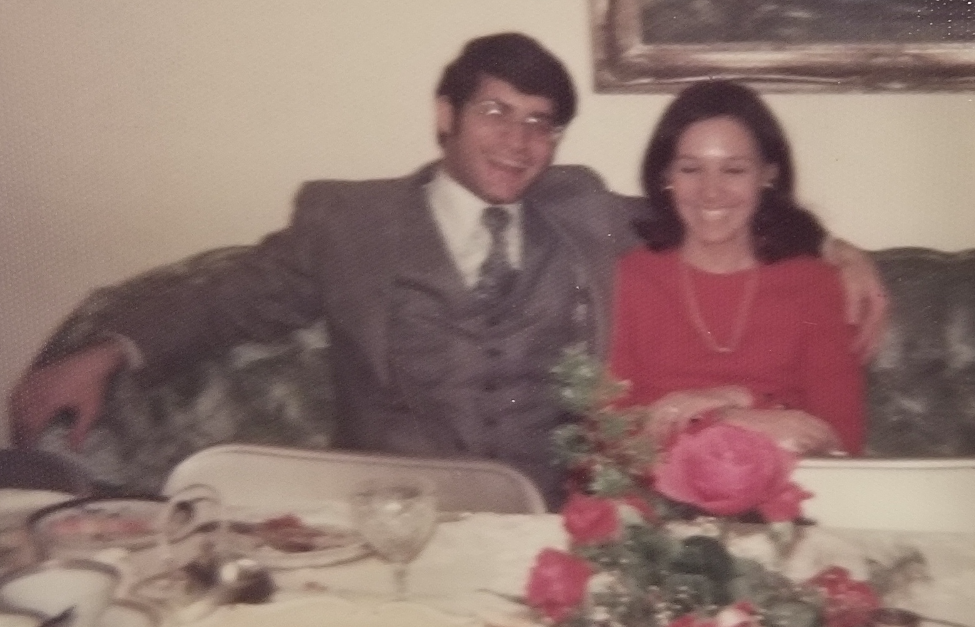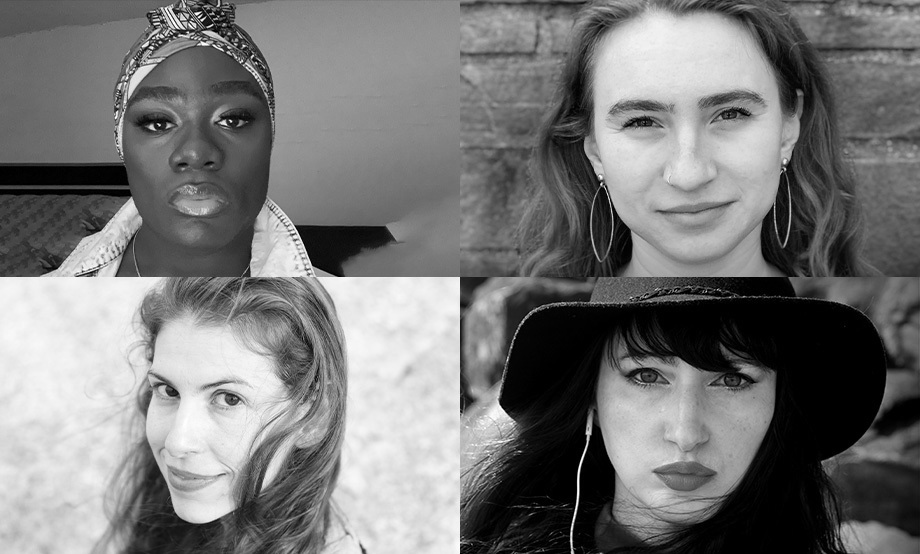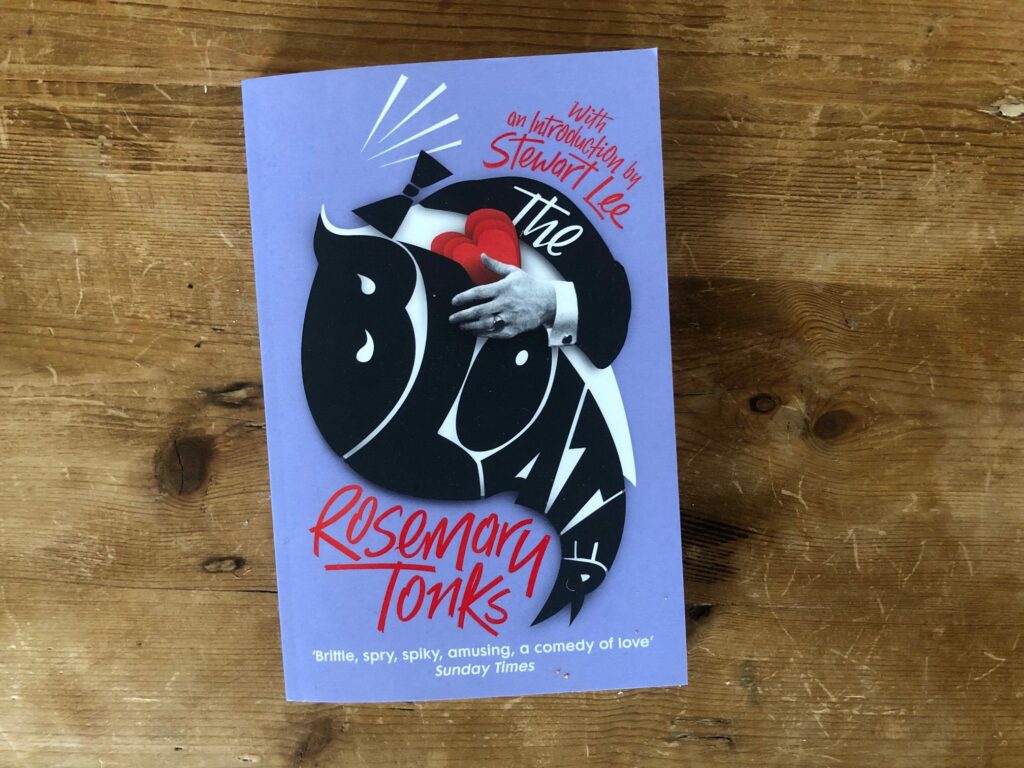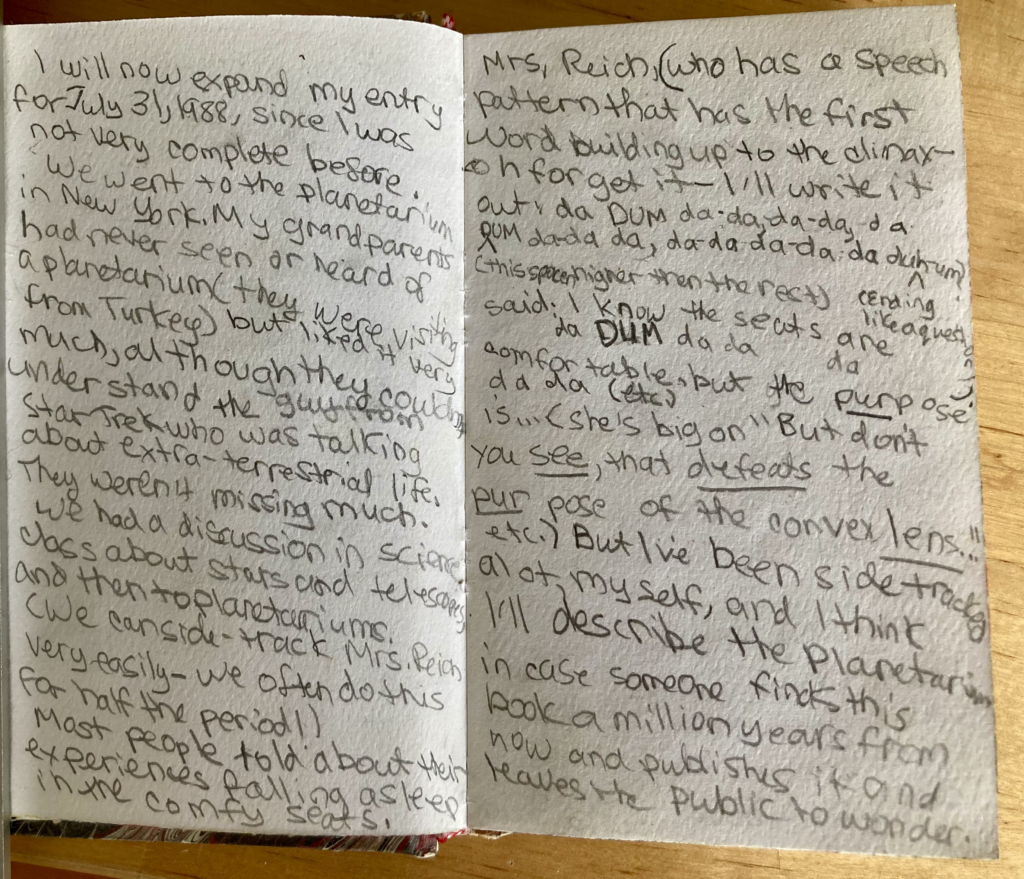A still from De La Soul’s music video for “Stakes is High.”
I wanted to recommend a different song this week, but it seemed like every news story, headline, and push notification I encountered kept nudging my consciousness into some area within my brain that contains lyrics about firearms, some mental storage locker I rarely open: “I gets down like brothers are found ducking from bullets / Gun control means using both hands in my land, where it’s all about the cautious living.” Kelvin Mercer, aka Posdnuos, rapped those lines on De La Soul’s 1996 single “Stakes Is High.” The eponymous album, Stakes Is High, was a kind of rebuke against the first glimmers of hip-hop’s big money “shiny suit” era and the hackneyed materialism and narrative clichés that came to be associated with it. Posdnuos and his partners Dave “Trugoy the Dove” Jolicoeur and Vincent “Maseo” Mason, were tired of mafioso rap, “video vixens,” weed talk, brags about luxury gear. Dave’s verse, a list of the things that make him unwell, cleverly flips what it means to be “ill” in the hip-hop sense:
I’m sick of bitches shaking asses
I’m sick of talking about blunts
Sick of Versace glasses
Sick of slang
Sick of half-assed award shows
Sick of name-brand clothes
Sick of R&B bitches over bullshit tracks
Cocaine and crack which brings sickness to blacks
Sick of swole-head rappers with they sickening raps
Clappers and gats making the whole sick world collapse
The facts are getting sick, even sicker perhaps
I stick a bush to make a bundle to escape the synapse
Although Dave’s delivery is fierce, this litany of mid-nineties rap’s most overdone iconographies has a lulling effect; as flashy as it is, the music he calls out in that list is thematically listless, of no real consequence. It’s all about the minutiae of the moment, the micro-timeline of rap stardom. There is no consideration of the future. On this song, De La Soul considers a more expansive timeline: the fate of meteors, the trajectory of bullets, but also the lifelines of children. The Stakes is High album cover is a black-and-white photo of a group of kids: the kind of gathering Kathy Fish references in her flash fiction story “Collective Nouns for Humans in the Wild” (2017), which has been recirculating after the Uvalde massacre—“Humans in the wild, gathered and feeling good, previously an exhilaration, now: a target … A group of schoolchildren is a target.” The song’s music video illustrates the perplexing apathy of the grown-up world: the trio vacillate between performing the song with brio and hanging out lethargically, letting the external world dictate their energy levels. Except for a mural in the background of one scene and a couple shots of a school bus, there are no images of children in the clip; it features adult angst and malaise.
The video is framed by the group’s appearance as guests on The Maury Povich Show. They’re there to discuss how much rap music “dictates real life,” and vice versa, ways “to keep it real.” Shots of Povich posing questions to them on a studio set are intercut with clips in which the men carry out everyday tasks: folding laundry, cutting grass, raking leaves, buffing a car, washing the dishes, falling asleep with a newspaper in hand, playing basketball with friends. American daytime talk shows, especially those that aired in the nineties, often showcased the country’s worst fears, or otherwise the most provocative topics in the national discourse. Rap was one of them, but so was white supremacy and domestic terrorism; Stakes Is High was released just fifteen months after the Oklahoma City bombing. By appearing on this faux-episode, De La Soul commented on their public perception while also situating themselves as participants in the spectacle, and as possible consumers of it.
Copyright
© The Paris Review

